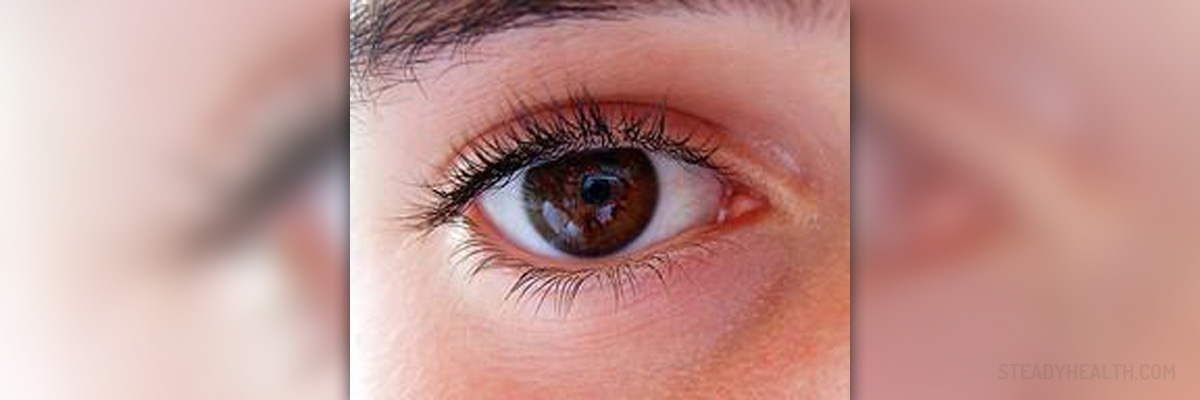
Retinopathy is a medical term used to describe damage of the retina of the eye, which is caused by factors others than inflammation. It can be caused by several different things, such as: diabetes mellitus, hypertension (high blood pressure), premature birth, sickle cell disease or exposure to direct sunlight. Also, patients who suffer from pheochromocytoma, hyper-viscosity due to paraproteinemia, occlusion of the retinal blood vessels (either arteries or veins) or ciliopathy may experience retinopathy as well.
Retinopathy may cause blindness, due to the bleeding. This is why all diabetics must learn more about this problem and how to manage it.
Diabetic Retinopathy
Diabetes is the most common cause of retinopathy and this problem is one of the most serious complications in diabetic patients. Constant exposure to high levels of blood sugar provokes uncontrolled growth of the blood vessels in the retina. These blood vessels have thin walls and can easily burst, causing bleeding into the eye. Furthermore, once these blood vessels grow enough, they affect the ability to transmit images to the brain provoking permanent blindness in some patients.
Because of the proliferation of these blood vessels, some doctors refer to this problem as proliferative retinopathy. It can also be called macular edema, since it leads to swelling in the part of retina responsible for central vision.Possible Treatment Measures
In order to reverse these changes in the eye, diabetic patients should strive to normalize their blood sugar level. Retinopathy may also occur in people diagnosed to be prediabetic, so for both of these groups of people it is extremely important to constantly monitor and manage their blood sugar.In some patients, lowering of blood sugar may cause temporary worsening of the vision but this doesn’t mean they should quit trying to lower glucose in the blood. It happens very rarely and in most cases it was associated with patients treated with insulin.
Some older patients may even have to get new pair of glasses, once they lower their blood sugar, especially if they were already wearing bifocal lenses.Current medicine is able to shut the bleeding or swelling of the blood vessels using laser procedures, but it can’t bring back the vision if it has been lost. Even the patients who had this laser treatment can develop further vision problems, unless they keep their blood glucose level under 11mmol/l (or less than 200mg/dl).
Patients diagnosed with diabetes are commonly referred to full annual checkup of the eye at the ophthalmologist.






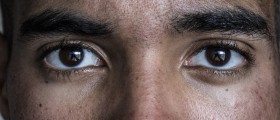


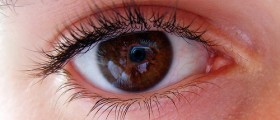
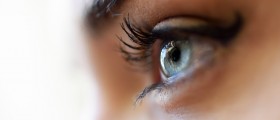


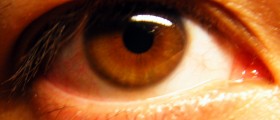


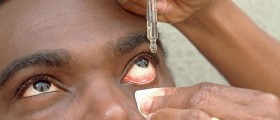
Your thoughts on this
Loading...